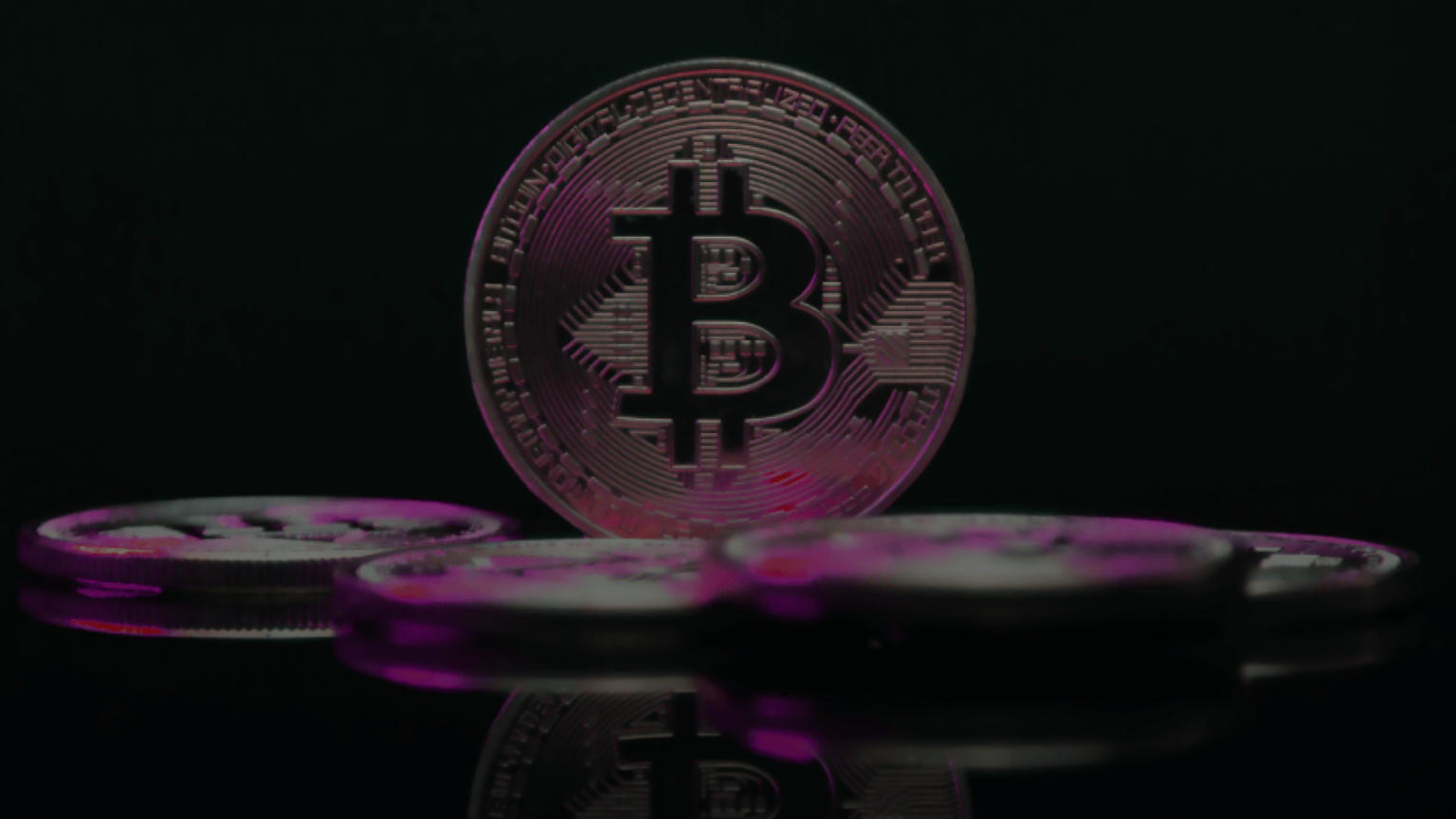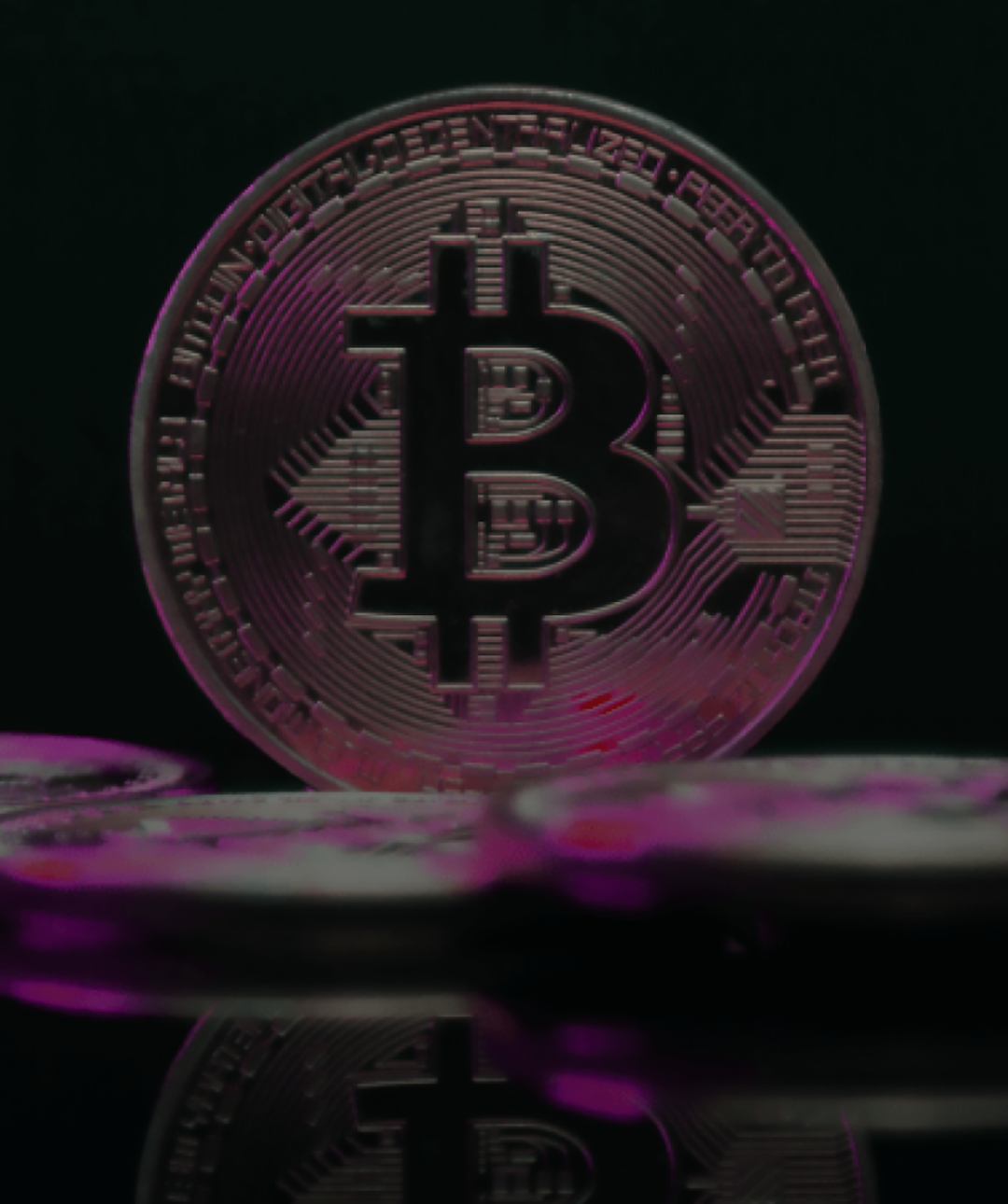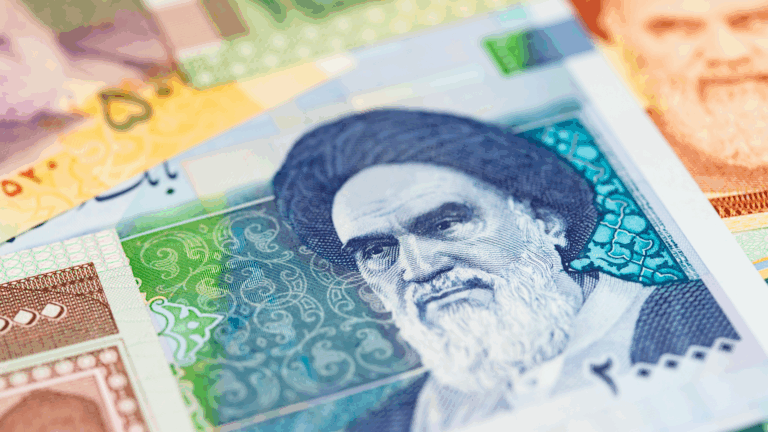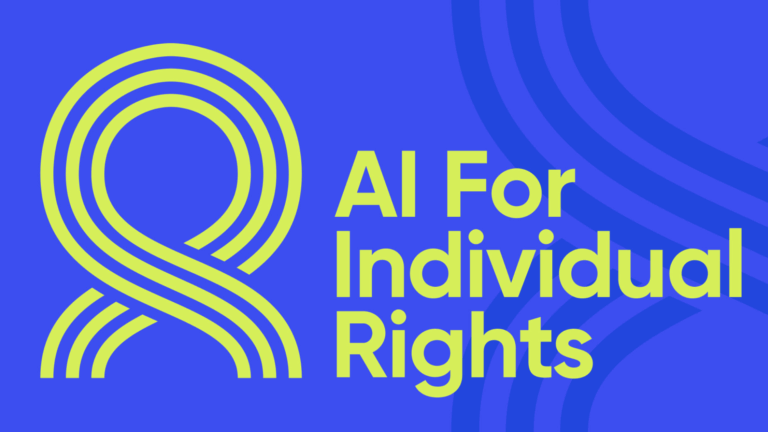The Financial Freedom Report is a newsletter focusing on the role currency and banking play in the civil liberties and human rights struggles of those living under authoritarian regimes. We also spotlight new tools and applications that can help individuals protect their financial freedom.
Good morning, readers!
From June 3 to 5, human rights advocates gathered in Norway for the Oslo Freedom Forum to share their stories and reclaim individual rights from authoritarian regimes. During the Financial Freedom track, speakers highlighted how Bitcoin funds counter-terrorism and pro-democracy movements, provides banking services to repressed populations, and safeguards against the risks of central bank digital currencies.
This week, concerning developments in financial repression have emerged globally. In the Democratic Republic of the Congo, the central bank mandated that all electronic payment terminals exclusively accept Congolese francs, despite the franc’s severe depreciation and the public’s strong preference for US dollars. Authorities are trying to close the exits for 100 million people.
Meanwhile, in Hong Kong, banks closed the accounts of pro-democracy advocates jailed for their involvement in the 2019 protests. This deals a blow to financial freedom and aligns with lawmakers’ recent adoption of a new national security law designed to curb dissent.
In the world of open-source money, HRF announced its latest round of grants through its Bitcoin Development Fund (BDF). The fund is donating 1 billion satoshis to more than a dozen open-source projects worldwide that support education, privacy, decentralized communications, and financial freedom tools.
We conclude with a livestream recording of the Financial Freedom track at the Oslo Freedom Forum, as well as a Mutiny Wallet tutorial en español from renowned Bitcoin educator Ben Perrin (BTC Sessions).
Now, let’s dive right in!

DR Congo | Introduces New Controls to Curb Dollar Usage
The Central Bank of Congo introduced a new mandate requiring that all electronic payment terminals (EPTs) in the Democratic Republic of the Congo exclusively accept Congolese francs. Prior to this new mandate, the central bank also enacted measures requiring that all prices be stated in the local currency. Currently, only 13% of EPTs accept Congolese francs, with most accepting foreign currencies instead. This new measure coerces citizens into using the local currency, despite high inflation and the public’s strong preference for US dollars. By proactively enforcing the use of the franc, Congolese officials are undermining financial freedom by restricting citizens’ usage of more stable currencies. With an inflation rate of nearly 47%, Congolese citizens are naturally seeking stability and security in foreign currencies, making this mandate particularly restrictive to their financial autonomy.
Hong Kong | Bank Accounts of Pro-Democracy Protestors Closed
A recent Hong Kong Free Press article reveals that HSBC and other banks in Hong Kong closed the accounts of individuals jailed for their involvement in the 2019 pro-democracy protests. These closures significantly impact the financial freedom of former protesters, hindering their ability to reintegrate into society, access their funds, and secure employment. By freezing citizens’ bank accounts, banks are actively punishing dissent and suppressing freedom of expression. This aligns with the contentious national security law recently passed by the legislative council in Hong Kong, widely regarded as a tool to further curtail democratic freedoms and curb dissent. The account closures add another layer of repression, signaling a continued effort to marginalize those who oppose the government and further eroding civil liberties and financial freedoms in Hong Kong.
Zimbabwe | Regime Continues Freezing Bank Accounts
The Financial Intelligence Unit (FIU) of the Reserve Bank of Zimbabwe froze 522 bank accounts belonging to various individuals and companies. This measure aims to enforce its new ZiG currency and risks isolating citizens in an economy mired by repeated currency failures. The FIU is targeting those “manipulating” exchange rates through foreign currency trading in an attempt to remove the exit ramps from its new currency. By restricting financial activities and monitoring transactions, the FIU is severely curtailing the financial freedom of Zimbabweans. This action illustrates the regime’s extensive control over financial activity, making the deployment of a CBDC (currently under research) particularly alarming. Programmable money in the hands of an authoritarian regime like Zimbabwe would only serve to amplify these issues by handing direct control over transactions and accounts to the government.
Egypt | Cost of Bread Quadruples
Beginning June 1, the cost of a loaf of subsidized bread quadrupled in Egypt, pushing this staple food further out of reach for millions of Egyptians. With 60% of the population living at or below the poverty line, increased costs are pushing them to the brink. “We can’t handle any more [price increases],” said Egyptian citizen Gamal Ahmad, adding that “there’s still gas, electricity, and water bills. All prices are rising.” This price hike follows a significant currency devaluation in March, when Egypt floated its exchange rate to comply with IMF loan requirements. With inflation above 32% and debt payments consuming 62% of the government’s budget, citizens are bearing the burden of an economy in turmoil while the dictatorship gets a bailout and more credit for weapons, security, and surveillance services. As part of an effort to fight back, HRF recently made a grant to Building Bridges to Bitcoin. This Bitcoin educational initiative provides materials in Arabic to help youth secure financial autonomy and transform their region through sound and open-source money.
Vietnam | Arrests Prominent Facebook Users
Officials in Vietnam arrested two prominent Vietnamese Facebook users for allegedly “abusing democratic freedoms to infringe upon the interests of the state,” according to the government. Authorities apprehended ex-reporter Truong Huy San and lawyer Tran Dinh Trien as the regime continues escalating censorship of media and dissent. Both San and Trien were critical of the regime and law enforcement officials, who face international scrutiny for numerous human rights abuses. These actions illustrate the absolute suppression of free expression in Vietnam, where citizens cannot even engage in online discussions to criticize the government or advocate for their rights. Autocracies like Vietnam are mixing targeting individuals over their social media posts with targeting individuals over their transactions, attempting to close the doors on any dissent.
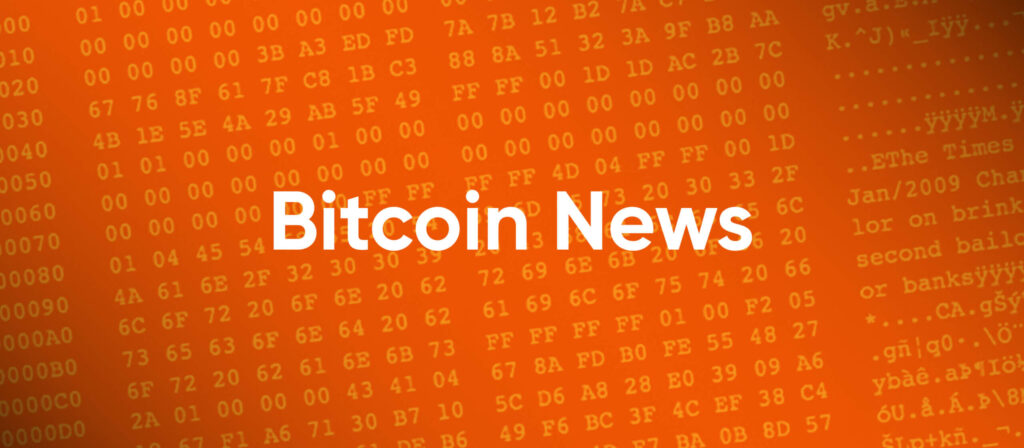
HRF | Donates 1 Billion Satoshis to 13 Open Source Projects Worldwide
The Human Rights Foundation (HRF) granted 1 billion sats to 13 innovative and open-source projects through the Q2 2024 round of its Bitcoin Development Fund. These grants strengthen education, privacy, decentralized communications, and financial freedom tools, particularly in regions suffering from corrupt and authoritarian governance. The projects include peer-to-peer platforms, educational programs, research on Bitcoin’s societal impacts, and improvements to the Lightning Network. Through supporting these diverse initiatives, HRF’s funding can help amplify Bitcoin’s ability to empower the world’s most vulnerable populations and protect human rights through financial freedom. Read the details here.
OpenCash Association | Supporting Open Source Projects on Cashu
At the Oslo Freedom Forum, Bitcoin developer Calle announced the launch of the OpenCash Association, a non-profit supporting open-source development on the Cashu protocol. Cashu is an open-source Chaumian ecash protocol for Bitcoin that offers very cheap, very private, and very fast Bitcoin-backed ecash transactions with the tradeoff of being custodial. The association will be governed by a board with expertise in Bitcoin and ecash and will provide funding, research, and event support to the Cashu ecosystem. Jack Mallers, the CEO of Strike, accompanied the announcement with a $100,000 donation to jump-start the organization. OpenCash demonstrates its commitment to financial freedom by ensuring digital cash infrastructure and payments remain free, open source, and accessible for everyone.
Volt | New Financial Freedom Bitcoin Wallet
During the Financial Freedom track at the Oslo Freedom Forum, Abubakar Nur Khalil, the CEO of Recursive Capital, unveiled Volt, “a modern financial freedom wallet.” Available for iOS and Android, Volt looks to offer full self-custody, enhanced privacy, and a simple user experience. Khalil explained that Volt integrates current wallet technologies “to make sure we usher in a new set of bitcoiners who have privacy and all the things that guarantee the actual use cases that we talk to them about with regards to bitcoin.” Volt includes multiple descriptor types and features such as BoltCard/BoltRing withdrawals, Replace-by-Fee (RBF), LNURL, and on-chain to Lightning swaps. While currently in beta, Volt can help equip citizens worldwide with greater financial control. You can test the wallet here.
Strike | Now Supports LNURL Pay
Bitcoin and Lightning payments platform Strike now supports LNURL Pay, enabling LNURL payments from Strike accounts in both Bitcoin and cash. LNURL Pay is a protocol that allows users to make payments to human-readable Lightning addresses that resemble regular email addresses (e.g., [email protected]). This feature simplifies the payment experience when using the Lightning Network and opens the door to integrations with platforms like Machankura. LNURL also enables static Lightning payments, where users can send payments to someone’s LNURL address without needing the receiver to generate a payment invoice. Strike’s LNURL integration helps advance financial freedom for its users in nearly 100 countries, empowering them with Lightning payments with greater functionality.
Mutiny | Releases Open Source Ecash Wallet
Bitcoin Lightning wallet Mutiny released Harbor, a new open-source desktop ecash wallet. Ecash provides a fast and more private way to transact Bitcoin-backed tokens in a peer-to-peer fashion with “mints” that manage and secure funds. Harbor seeks to enhance privacy by leveraging Tor and avoiding centralized dependencies other than the mints themselves. Users can also run the wallet code and connect to mints without intermediaries. Additionally, Harbor supports multiple mints, allowing users to distribute funds and reduce counterparty risk. This release positions Harbor alongside other ecash wallets that make private and cost-effective Bitcoin transactions more accessible. Although it has not yet been officially released, users can experiment with the wallet here.
Cake Wallet | Lightning Network Integration Coming Soon
Cake Wallet shared its plans to integrate the Lightning Network by leveraging the Breez Software Development Kit (SDK). This integration will enable instant and low-cost transactions, improving the Bitcoin payment experience for its millions of users. Available on iOS and Android devices, Cake Wallet is open-source, non-custodial, and provides a dedicated exchange for buying and selling Bitcoin. This functions as a crucial on/off ramp for users worldwide. By making Bitcoin transactions more accessible and practical for everyday use, Cake Wallet strengthens Bitcoin’s use as a medium of exchange, thereby strengthening financial freedom for users.
Recommended Content
Oslo Freedom Forum Financial Freedom Track Livestream
Last week, human rights advocates and pro-democracy activists from around the world gathered in Norway for the Oslo Freedom Forum. Following two days of emotional and inspiring stories from activists and dissidents sharing their struggles under tyranny, attendees convened for the Financial Freedom Track. Here, they explored how Bitcoin transforms the work of activists, supports democracy, and empowers marginalized communities to seize control of their financial future. Discussions also investigated the risks that central bank digital currencies (CBDCs) pose to civil liberties and human rights in authoritarian regimes. You can watch the full livestream recording, which drew 50,000 viewers, to learn how Bitcoin serves as more than just “number-go-up” technology.
Mutiny Wallet Tutorial in Spanish by BTCSessions
Bitcoin educator Ben Perrin (BTC Sessions) released a new Spanish-language tutorial for easy onboarding to the Bitcoin Lightning wallet Mutiny. This tutorial explains how to set up and use Mutiny as a daily Bitcoin wallet, showcasing how users can instantly accept Bitcoin Lightning payments. Ben emphasizes that Mutiny has both a web-based and mobile-based application, ensuring access to the wallet even if it is removed from app stores in certain jurisdictions. HRF is pleased to support the translation of educational videos and tutorials from BTC Sessions, helping Spanish-speaking citizens and freedom fighters understand the tools at their disposal to claim financial autonomy, continue activism, and take control of their future.
If this email was forwarded to you and you enjoyed reading it, please consider subscribing to the Financial Freedom Report here.
Support the newsletter by donating bitcoin to HRF’s Financial Freedom program via BTCPay.
Want to contribute to the newsletter? Submit tips, stories, news, and ideas by emailing [email protected].
Purchase your ticket to the 2024 Oslo Freedom Forum, taking place June 3-5 in Oslo, Norway. Use the code 2024OFF to get an early bird discount.
The Bitcoin Development Fund (BDF) is accepting grant proposals on an ongoing basis. The Bitcoin Development Fund is looking to support Bitcoin developers, community builders, and educators. Submit proposals here.


